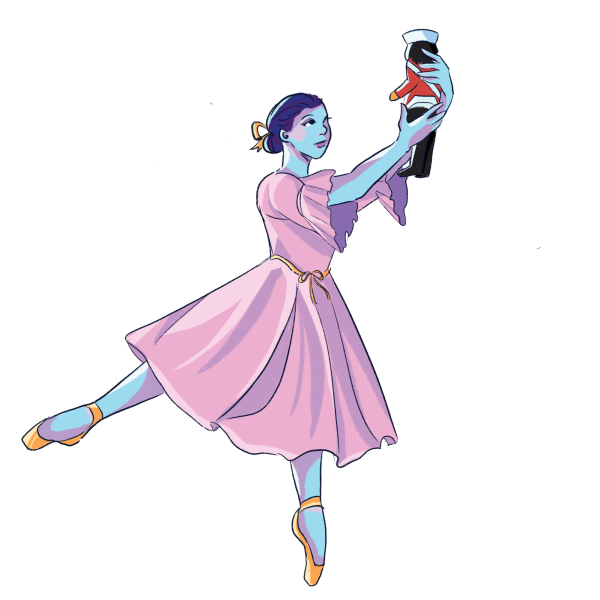Watchmen and the Importance of Sourcing in T.V.
February 18, 2020
It is said that history is written by the victors. In the United States, victors have traditionally been affluent white men, but in an era intent on questioning the legitimacy of those who have written our history, the sophisticated HBO original show “Watchmen” provides unique commentary on the public perception of history.
Although the show was created by Damon Lindelof, the concept comes from a clever comic series written by Alan Moore. The original Alan Moore story takes place in a world where the United States won the Vietnam War and the infamous Watergate Scandal never occurred. Additionally, this alternate world features the presence of costumed vigilantes, however, only one has superpowers: the godlike Dr. Manhattan. With Dr. Manhattan aiding the United States during the Cold War, tensions with the Soviet Union dramatically increased. In the final book, one vigilante, in an effort to stop World War Three, unleashes an attack from a giant extra-dimensional squid to force the world powers to set aside their hatred and work together. The attack costs the lives of three million people but brings about a new world order asking questions about the power of story-telling as the lie told by the heroes helps unites the world.
The show guides the audience to consider who is telling the story, especially when the person telling us the story presents themselves as the hero. The idea that storytelling can control the audience’s perception of characters is not a new idea, but the show manages to flip the script, forcing viewers to question our own narrow perspectives, especially in relation to more contemporary subjects. The show delivers a clever moral reevaluation of perspective with punctuality the audience cannot ignore, especially as the world enters an age that confronts the facts behind the stories we have allowed ourselves to accept as truth.
The sophistication intrinsic to “Watchmen” can best be seen in its depiction of the idea that the people and entities who influenced the recording and presentation of history might not have told the entire truth. The show opens with a dreadful moment in America’s racist history, the Tulsa Massacre. The massacre is known as one of the single worst acts of racialized violence in American history, in which white Americans took up guns and firebombs to kill African-American men, women and children. Following the destruction of the town, the scene turns to a more modern version of the same setting. The main character of this new chronicle of “Watchmen” is revealed to be a woman of color named Angela Abar. Abar is revealed to be a cop who is required to wear masks similar to that of vigilantes in the original comic book series. While the storyline informs the audience that police officers are legally required to wear masks, we learn of an anti-cop organization of right-wing nationalists known as the Seventh Kavalry. An FBI investigation begins in Tulsa, just as it did when a friend of hers who happened to be a police officer was killed. The FBI investigation forces Abar to question the stories presented to her about world peace achieved during the Cold War and the people she called heroes.
While Abar begins a radical moral and social reevaluation she also reorients her world views, and the characters around her find themselves trapped by the weight of fulfilling their legacies and following a predetermined path. These questionable legacies often inherited from their own heroes are performed with a startling and worrying conviction, suggesting the creators’ distrust for blind obedience. “Watchmen” seeks to critique the truths and heroes we have always worshiped. The show wants the audience to understand the complex legacies left in the wake of cultural icons, and its masterful weaving of race relations and storytelling make it one of the most refreshing takes on the politics of power.








